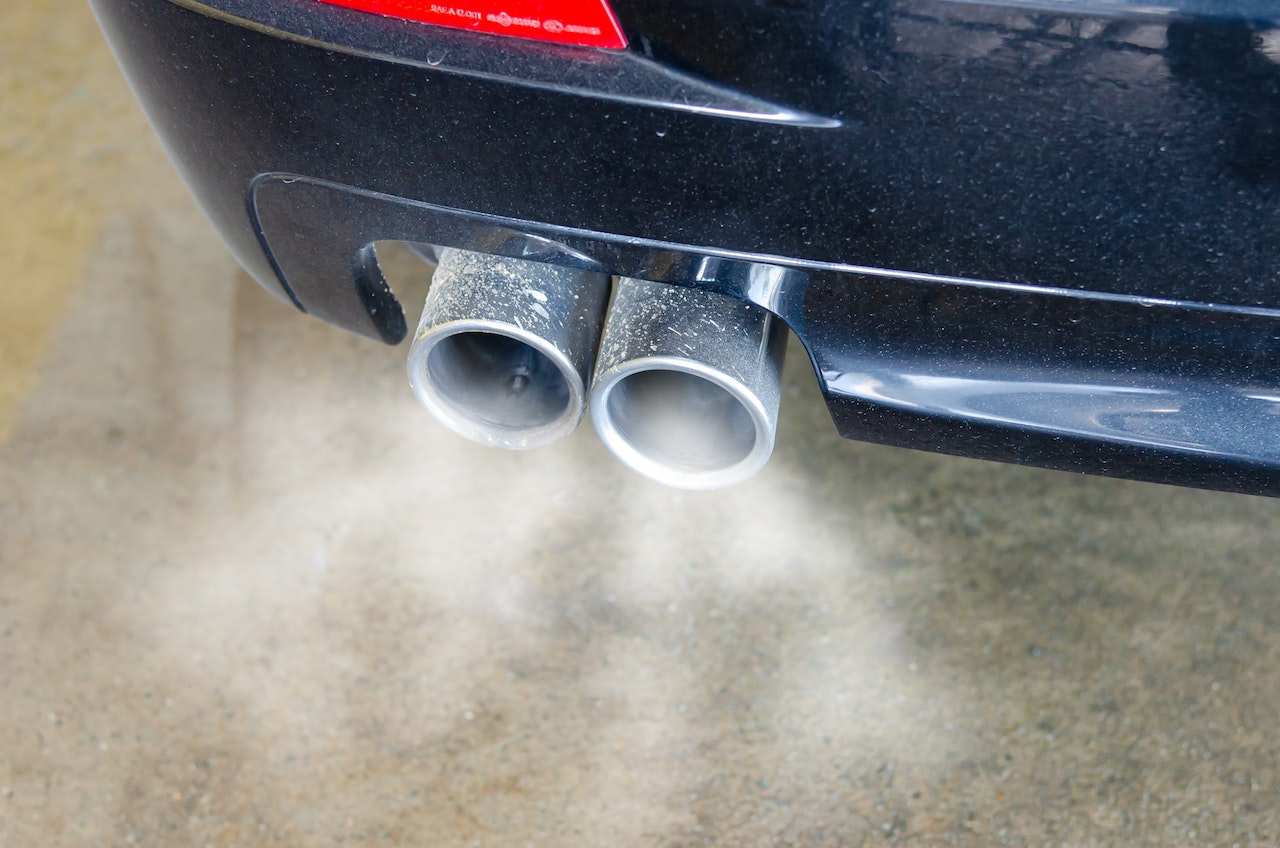New Jersey, joining a coalition of states including California, Vermont, New York, Washington, and Oregon, is set to implement measures to phase out gasoline-burning cars. Starting in 2027, the state plans to restrict the sale of gasoline-powered cars, light-duty trucks, and SUVs, with a complete ban slated for 2035, aligning with a broader national shift towards electric vehicles (EVs).
Governor Phil Murphy and Department of Environmental Protection Commissioner Shawn M. LaTourette announced the filing of the Advanced Clean Cars II rule, scheduled for adoption on December 18. This move mirrors similar initiatives in states such as California, Connecticut, Maryland, Massachusetts, New York, Oregon, Rhode Island, and Washington, all committed to enforcing regulations that lead to zero-emission vehicles.
See also: New Jersey allocates $45 million over three years for electric school buses
While the federal government has not implemented a nationwide ban, it has set an ambitious goal of achieving 50% electric vehicle sales by 2030, with President Biden allocating $5 billion to support this transition.
The phased approach in New Jersey does not make it illegal to own or drive internal combustion engine (ICE) vehicles but places restrictions on the sale of new gasoline-powered vehicles, not impacting used car ownership. Critics, including automobile lobbyists and businesses, express concerns, emphasizing the potential limitations on personal freedom and affordability. Ray Cantor, an official with the New Jersey Business and Industry Association, contends that the expedited ban fails to consider costs, feasibility, local infrastructure, highway capacity, and consumer choice, particularly for low- and moderate-income families.
See also: New Jersey Unveils Ambitious Climate Plan, Including Zero-Emission Vehicle Rule by 2035
Conversely, environmental groups applaud the move. Kathy Harris, Senior Clean Vehicles and Fuels Advocate at the Natural Resources Defense Council (NRDC), views the adoption of Advanced Clean Cars II standards as a commitment to cleaner air, improved public health, and climate change mitigation. She asserts that the program could prevent at least 175 premature deaths from air pollution by 2050 and yield nearly $60 billion in cost savings for New Jersey vehicle owners by the same year. The decision exemplifies a broader societal shift toward sustainable transportation practices, reflecting the evolving landscape of the automotive industry.

